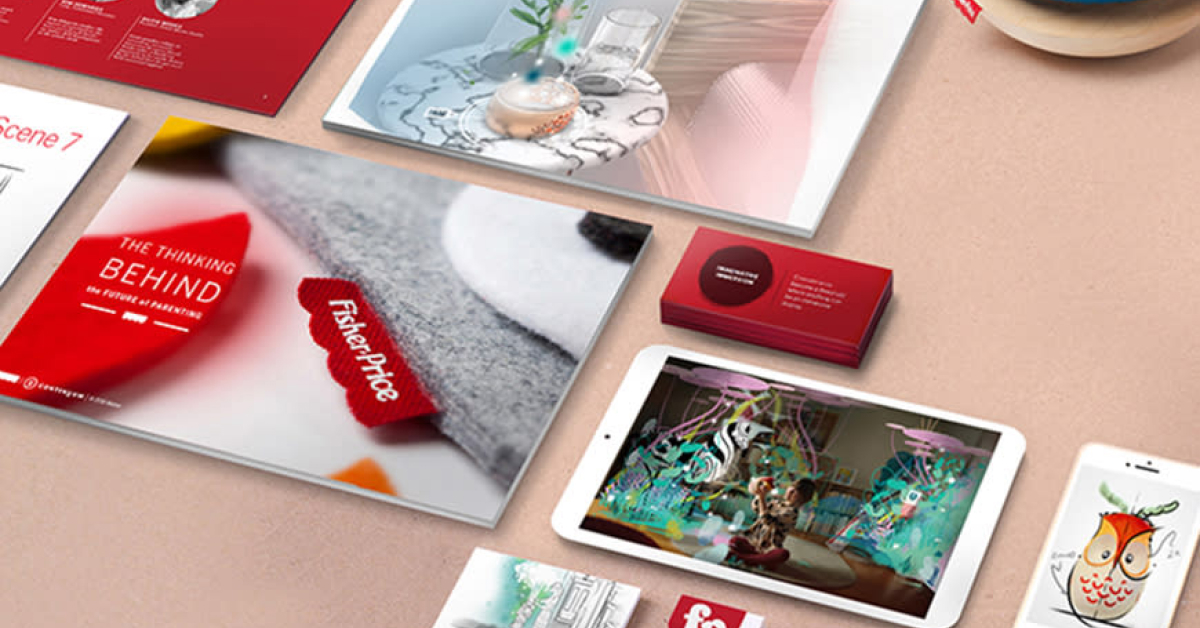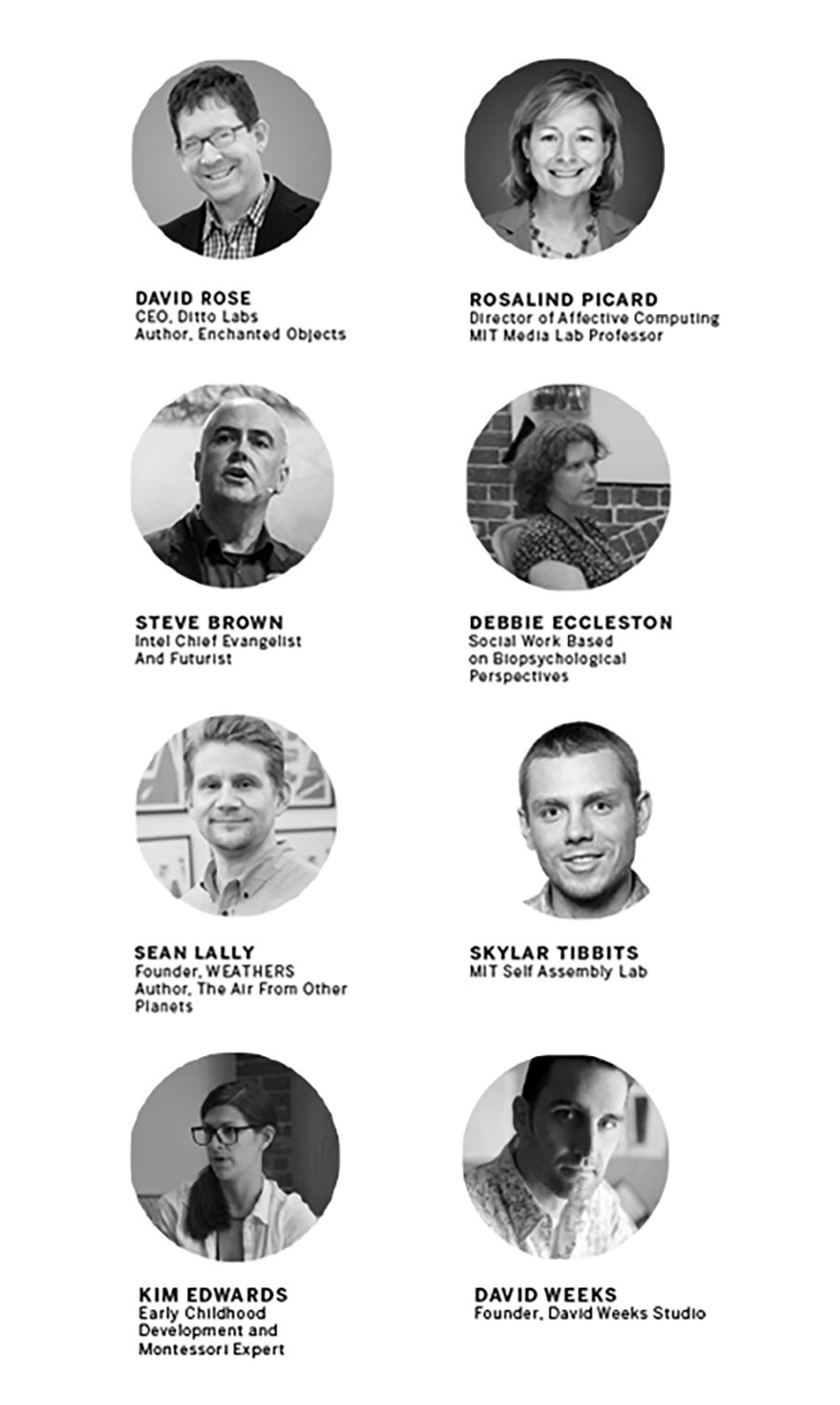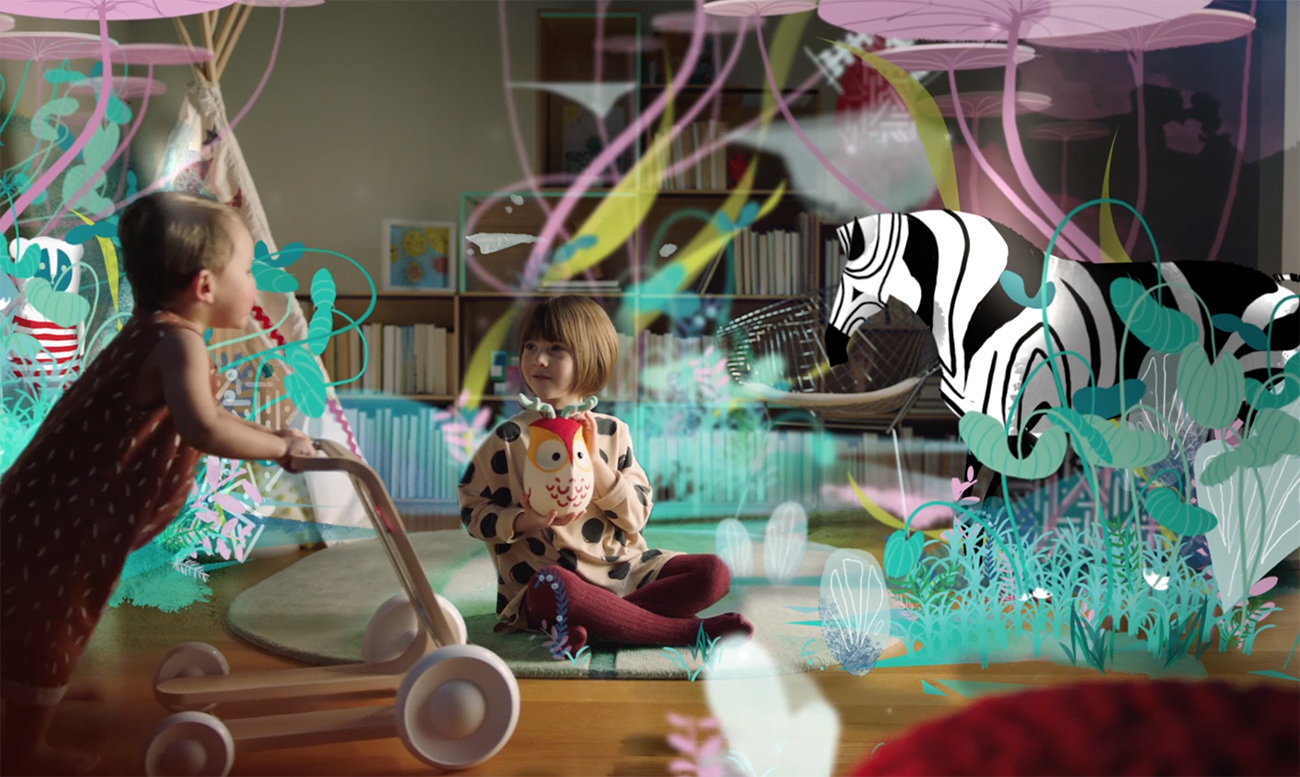Challenge
Fisher-Price:
The Future of Parenting

PROJECT
CLIENT
SERVICES
- Platform & Product Development
- Strategy
INDUSTRY
- Consumer
Continuum and Fisher-Price partnered to envision parenting in the future.
Fisher-Price has an impressive history of creating innovative children’s products and is one of the most loved and trusted brands by moms.*
But despite this venerable legacy, the company faced two existential challenges. First, three enormous technological shifts are rewiring their market: sensing, monitoring, and data assessment. Second, the needs and expectations of today’s parents are complicated and continually shifting.
As an 85-year old company obligated to uphold early childhood development needs and safety concerns, Fisher-Price felt tension between the pull towards a provocative future and preserving the values and beliefs upon which the company was founded.
In short: Fisher-Price had to evolve their offerings to remain relevant to today’s Millennial parents and to transform themselves into an organization of the Digital Age. To ensure that the transformation would be successful, they tapped Continuum as a partner.
*Based on a 2015 Survey of 1,549 moms in the U.S., Russia, and China.
Awards
IDEA—Silver 2016
Research & Insights
Solution
 We spoke with thought leaders and subject matter experts about business, technology, and culture trends around parenting. Our subject matter experts included David Rose, Sean Lally, Skylar Tibbits, Steve Brown, and David Weeks. This approach led us to understand the tension that parents face: they see the potential learning opportunities in technology but worry about making children overly reliant on technology, and unacquainted with important interpersonal and physical interaction skills.
We spoke with thought leaders and subject matter experts about business, technology, and culture trends around parenting. Our subject matter experts included David Rose, Sean Lally, Skylar Tibbits, Steve Brown, and David Weeks. This approach led us to understand the tension that parents face: they see the potential learning opportunities in technology but worry about making children overly reliant on technology, and unacquainted with important interpersonal and physical interaction skills.
These insights led to a strategic vision for the role that technology will have in Fisher-Price’s business in 10-15 years. The vision portrays a seamless integration of technology, allowing parents to spend more time with their children and facilitate early childhood development.
As David Rose, one of our subject matter experts, said: “The world doesn’t need more stuff, it needs smarter stuff.” He also offered the provocation that “the future smells like wood,” adding: “I imagine a future where toys and objects are made of natural materials like wood but [we] still engage with technology through RFID and projection.” This focused on the idea that products should have invisibly embedded technology and last longer as they have the ability to evolve with the developmental needs and learning stages of children.



